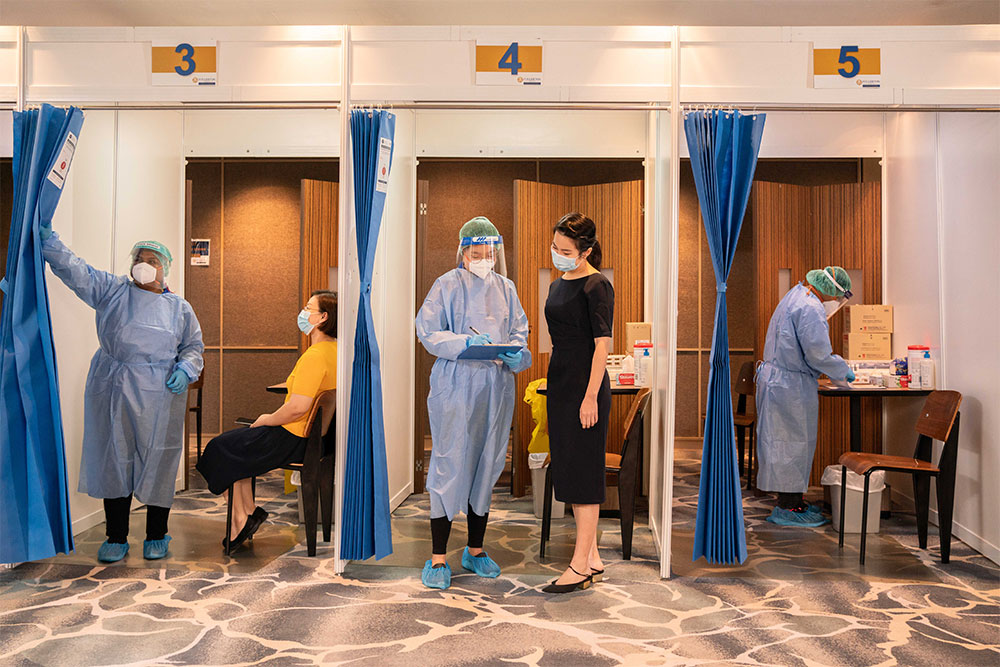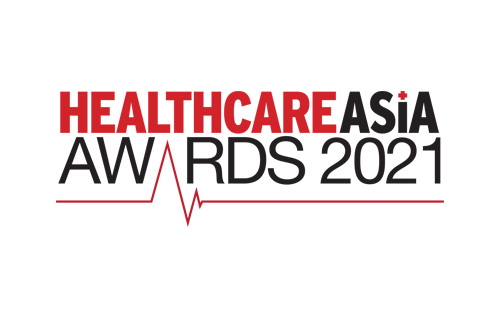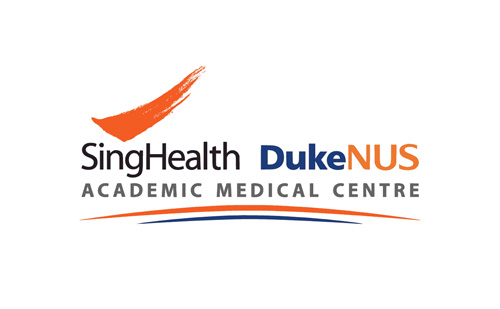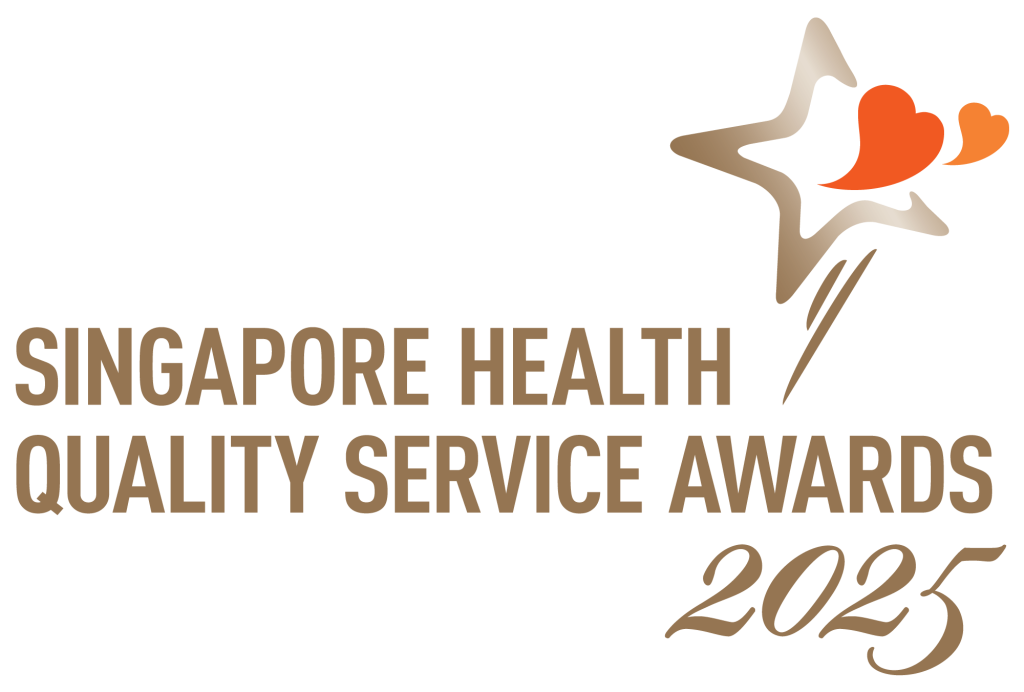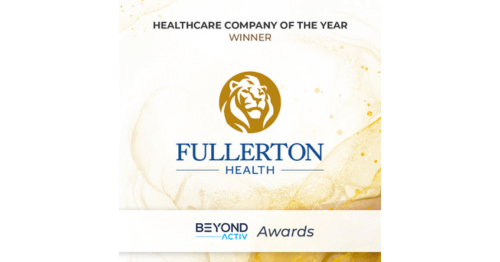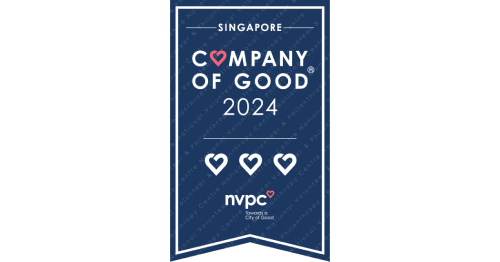David Sin, co-founder, deputy chairman and group president of Fullerton Health, calls for solidarity to ensure that our healthcare systems emerge from this pandemic stronger and more resilient.

The Covid-19 situation continues to raise new challenges worldwide, including that of unequal or lack of access to updated and accurate information and to quality care.
Obstacles to access are creating exceedingly more problems for our communities, as the pandemic will continue to spread unless all stakeholders join in the concerted effort to combat it. There are significantly varied standards of care across developed and developing countries, and even within countries, we see differing standards of care across the public and private sectors.
Public-private partnerships (PPPs) area necessity as governments alone are not equipped to provide the full range of services and expertise needed to tackle the pandemic. These partnerships are especially needed when the problem at hand is one that requires innovative solutions and expertise that can respond to the current, rapidly changing landscape.
We firmly believe that to those whom much is given, much will be required.
As one of the largest managed care providers in Asia Pacific, we leverage our platform and resources to effectively work with governments in the fight against Covid-19. With the digitalisation of care and a patient-centric approach, we provide both access to quality care and information to millions of people across the region.
Scaling public sector resources
Public healthcare systems are overwhelmed. Public hospitals are overcrowded,
medical resources are stretched thin, and frontline health workers are tirelessly supporting national response efforts to combat the pandemic. Fullerton Health has invested its resources into supporting public-private efforts against Covid-19 across the region. With our deep expertise in chronic disease management, as well as mass screenings – for example, we have completed large-scale tuberculosis screening in Indonesia which targeted more than 500,000 Indonesians – we apply these capabilities across the healthcare value chain of triage, screening, case management and monitoring, and medical facilities management.
In Singapore, we scaled down resourcing at our private clinics and shifted our focus to deploying and dedicating doctors, nurses, and other medical staff to support national Covid-19 initiatives. Fullerton Health has been actively involved in over 25 private-public projects, including conducting large-scale Covid-19 testing exercises for underserved populations, augmenting public sector healthcare facilities by setting up and operating onsite medical posts and hospital extensions, and deploying the largest fleet of private sector ambulances to ferry patients to testing facilities and hospitals. At the peak of the Covid-19 pandemic in Singapore, we managed the care for over 100,000 patients and tested up to 600 patients within a day, having optimised our operational workflows to achieve an average processing time of five minutes per patient.
In Australia, Fullerton Health partnered with the Australian government to provide a 24/7 Covid-19 call centre service to Australian residents, where the public can call in to find out information and advice relating to Covid-19. We mobilised over 300 nurses and paramedics to deliver over 5,000 service hours and address over 10,000 calls weekly. We also continue to serve the Australian public by providing over 35,000 primary care and allied health teleconsultations.
Collaborating with the private sector can significantly reduce the case burden on the public health sector by allowing public health resources to be focused on attending to the most critical and high-risk cases at hospitals and emergency departments.
Digitalising to improve access to care
More than 86% of patients do a health-related internet search before they decide to visit a doctor, and 60% of patients search their prescription online to better understand the usage, benefits, and risk before taking the medication.
As health-seeking behaviour evolves throughout the region and more people turn to the internet for information, a key challenge is the lack of easy access to reliable healthcare information relating to Covid-19. The overwhelming amount of information and news surrounding Covid-19 and related developments make it difficult for the public to find and focus on information that is relevant to them. It is essential that we embrace digital solutions to deliver critical services securely. Healthtech has the potential to unlock solutions to many of the looming demographic-related healthcare challenges in Asia, cutting through the clutter to allow healthcare professionals to interface with patients reliably in a variety of ways, including remotely.
To tackle this challenge, Fullerton Health launched the first regional Covid-19 symptom checker for its key markets of Singapore, China, Hong Kong, Indonesia, Malaysia and the Philippines, with a total population of more than 1.8 billion people. We re-purposed our proprietary commercial technology to meet public needs, making our app free to use for the public in these markets for general well-being and information purposes in the current pandemic environment.
The artificial intelligence (AI) enabled symptom checker was launched on Fullerton Health’s LiveFuller mobile application platform, together with an in-app chat function that allows users to interact with a Fullerton Health team member about their Covid-19 related concerns. These features were created to equip the public, as well as healthcare workers, across the region with a platform that provides reliable information through easy-to-use functions. Through the use of AI, the symptom checker minimises errors and enables faster decision-making. It provides recommendations on next steps to users and directs them to where they can seek care or additional information, such as through national resources like subsidised care at public health clinics or mental health helplines.
Healthcare workers can also leverage the symptom checker as a useful tool to help manage patients’ questions on Covid-19. To increase access, we have made the Covid-19 symptom c
hecker and chat function available in various local languages and customised the recommendations for each market based on the inputs of our local healthcare experts in these markets.
By providing our symptom checker and chat function free for use to the public, we seek to close the gap on the lack of access to accurate and updated information about Covid-19 in the region. Obstacles to access create exceedingly more problems for our communities, as Covid-19 will continue to spread unless all stakeholders join in the concerted effort to combat it.
Prioritising patient centric care
Healthcare delivery also continues to transform as a result of the Covid-19 pandemic, with social distancing becoming the new normal and consumer behaviour shifting to online. Telehealth allows people to make appointments online and consult their doctors virtually.
Understanding this rise in demand for telehealth services during the pandemic, we were able to significantly and rapidly increase our capacity to meet the almost 50% increase in uptake of telehealth services from August to October this year.
In line with the evolving health-seeking behaviour, Fullerton Health, through the Singapore Government’s grassroots agency, made possible complimentary telehealth consultations and medication delivery to up to 6,000 underserved Singaporeans for one year, supporting their continued access to care during this difficult time.
Similarly, in Australia, our primary care and allied health clinics are equipped to deliver telehealth services to supplement the public health system and have delivered over 300,000 telehealth consultations, including video-based physiotherapy consults. Telehealth has helped expand our provider networks through new ways of providing access to care.
The impact of the Covid-19 pandemic extends beyond its economic repercussions. Many people have experienced immense psychological stress and isolation due to new social distancing norms and work-from-home measures that have been implemented to prevent and contain community spread. To support our partners and clients in the management of the psychological and other non-medical aspects of the pandemic on their employees and insureds, Fullerton Health has conducted over 800 webinars across the region on important topics like mental health, nutrition and ergonomics.
The importance of public private collaboration
Fullerton Heath was established with the purpose of delivering affordable and accessible care to all in Asia Pacific.
As an integrated healthcare provider, we have been on the frontline of this pandemic. Current events have proven that most countries’ national healthcare systems are not resilient to pandemic shocks. Ultimately, the private sector should and must contribute resources to support national efforts.
We are confident that both public and private sectors, working together with increased engagement, collaboration and digitalisation, can overcome the most overwhelming challenges, especially when lives are at risk.
Transformational public-private partnerships can bring both sectors together in solidarity in times of need to ensure that our healthcare systems emerge from this pandemic stronger and more resilient to future challenges.
Published by Kelsey Rees – LaingBuisson UK
Article taken from LangBuisson News






